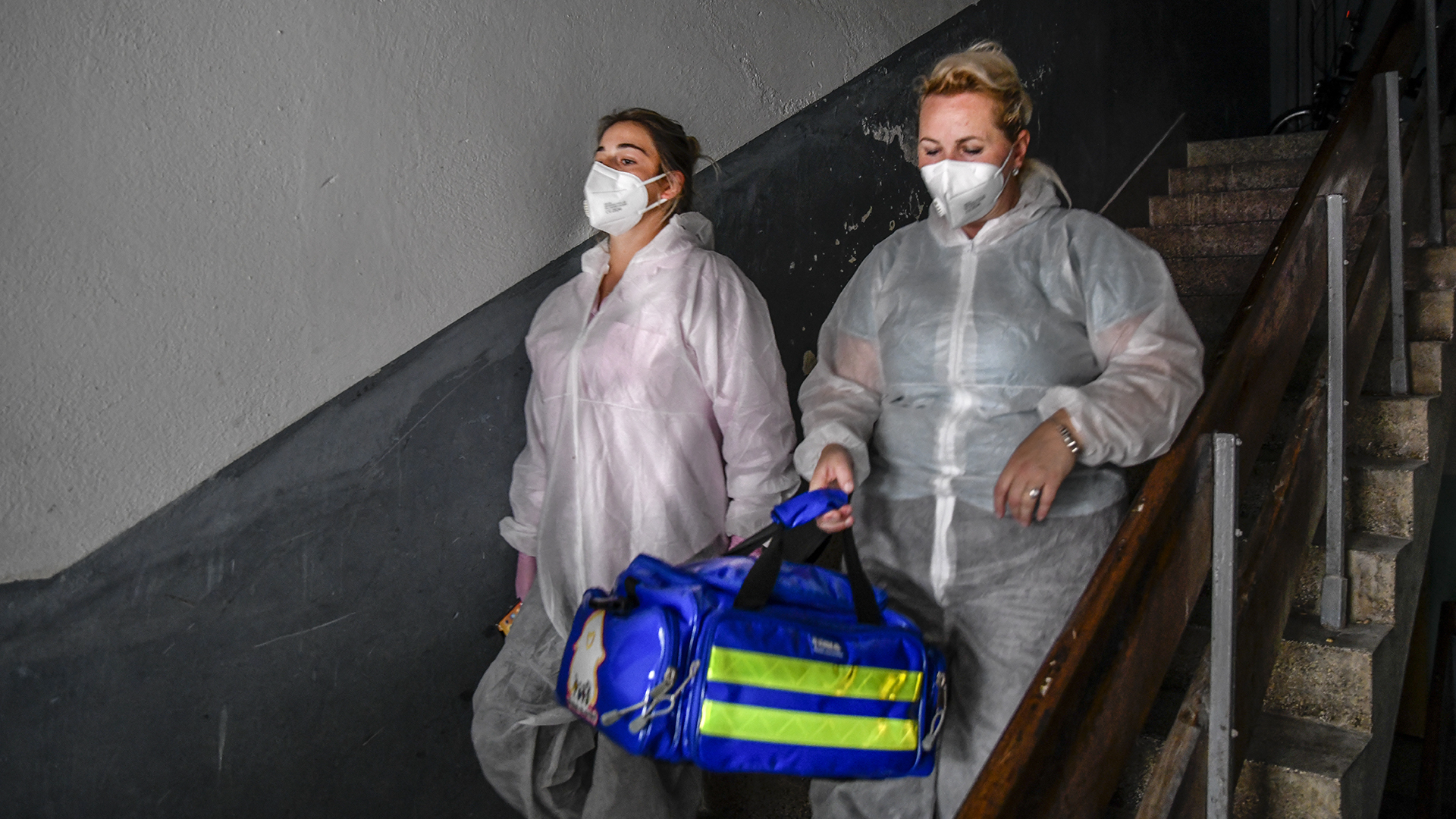
The Delta variant is coming for Kosovo
Without proper measures, the most deadly part of the pandemic may lie in the future.
We can expect to see a surge in deaths over the next few weeks.
Inaction will lead to many otherwise preventable deaths.

Kreshnik Hoxha
Dr. Kreshnik Hoxha is a doctor of chemistry in the field of crystallography and engineering of crystals. He leads the development of new medical products for clinical research (CMC – Chemistry, Manufacturing, and Controls) and has overseen the development of over 15 medicines for clinical researchers. Kreshnik is now engaged as a science manager in Great Britain and is responsible for perfecting the process of the development and pharmaceutical production of medicine in accordance with the world regulators.
DISCLAIMERThe views of the writer do not necessarily reflect the views of Kosovo 2.0.
This story was originally written in English.